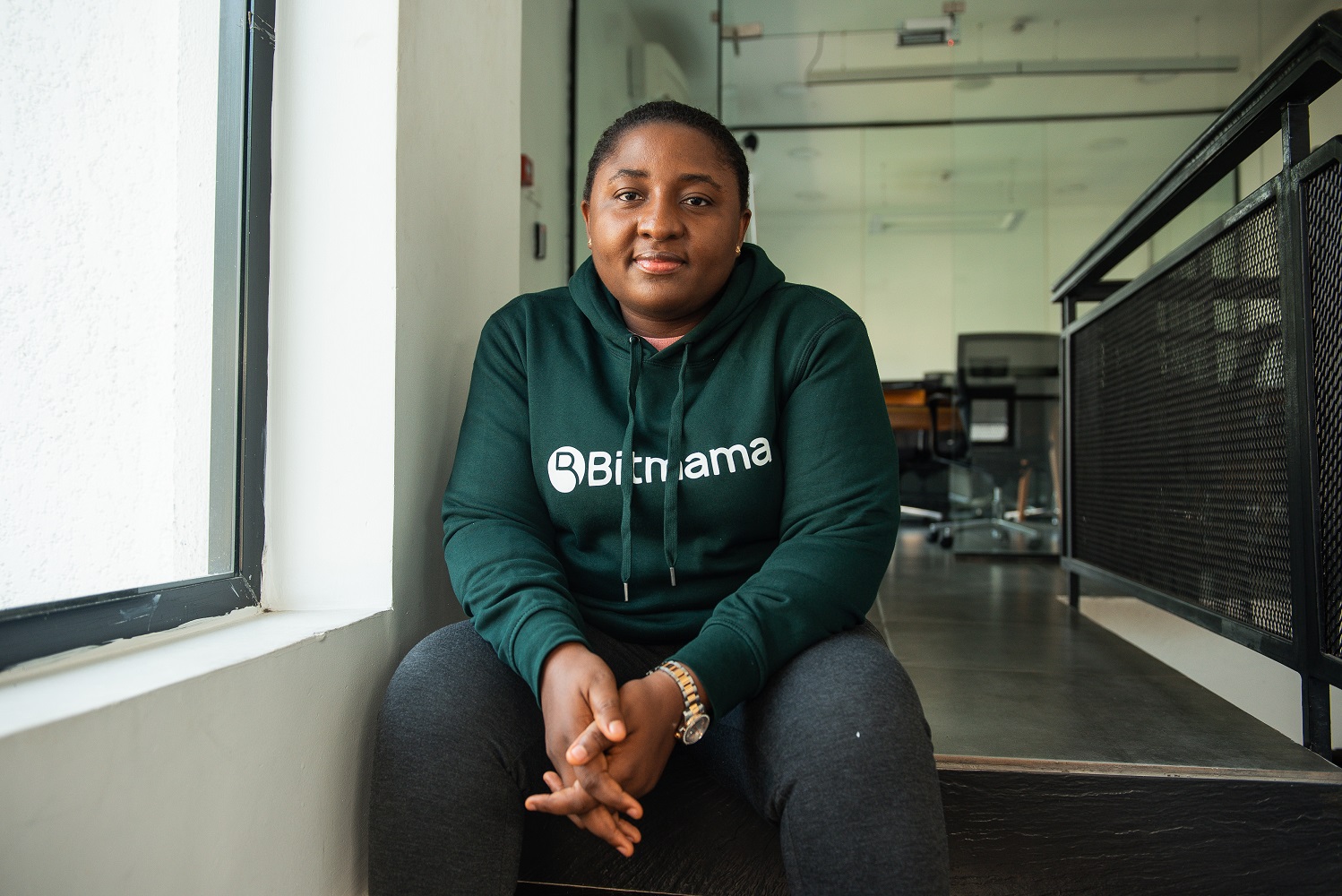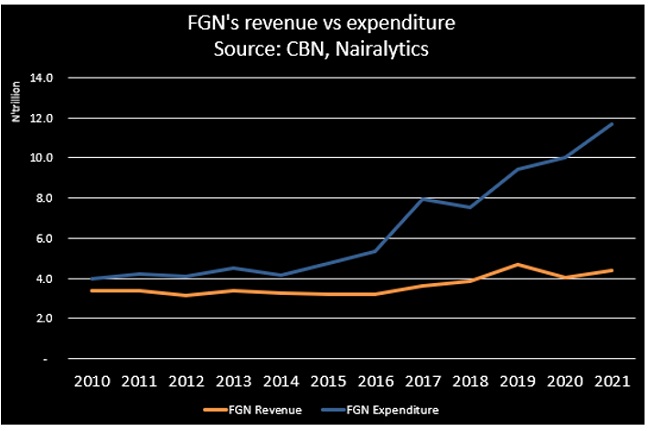She is one of the most amazing visionary founders in the tech ecosystem in Africa. Her visions are fascinating and what she has accomplished is huge. Tekedia Capital is excited to announce our investment in Bitmama Inc, led by Ruth Iselema. People, her numbers are superb, closing to 100,000 users even though she had not really raised much money. So, when she called, it took us 30 minutes to agree to invest in her company.
She was surprised because she had expected the process to last longer. Ruth, we are proud of what you have accomplished and very happy to join other investors in your mission. Go and win more markets and territories and advance Africa and our world. I was truly impressed speaking with you; excellence exponential.
The latest round is led by Unicorn Growth Capital and Launch Africa Ventures, with participation from Adaverse and follow-on from Flori Ventures, which led its earlier pre-seed round. New investors in the round include Tekedia Capital, GreenHouse Capital, ODBA, Five35 Ventures, Chrysalis Capital, Enrich Africa, Thrive Africa, Angellist Ventures, and angel investors including, CELO founders; Rene Reinsberg, and Marek Olszewski, and Honey Ogundeyi.
To learn more about Tekedia Capital, click here
To download Bitmama app, go here https://bitmama.io/
The announcement is here for $2 million
Blockchain Payments startup Bitmama secures $2 million pre-seed to grow its operation in new markets
Lagos, Nigeria – September, 2022
US and African-based blockchain payments startup Bitmama Inc. has raised an additional $1.65 million, bringing its total pre-seed round to about $2 million.
Bitmama closed this funding from a group of foreign and domestic investors ten months after its initial pre-seed round of $350,000.
The latest round is led by Unicorn Growth Capital and Launch Africa Ventures, with participation from Adaverse and follow-on from Flori Ventures, which led its earlier pre-seed round. New investors in the round include, Tekedia Capital, GreenHouse Capital, ODBA, Five35 Ventures, Chrysalis Capital, Enrich Africa, Thrive Africa, Angellist Ventures, and angel investors including, CELO founders; Rene Reinsberg, and Marek Olszewski, and Honey Ogundeyi.
Bitmama’s new pre-seed round will be used to expand the company’s operational presence, strengthen its team across different markets, consolidate its product offerings, and plot market penetration across Africa, while rapidly scaling new use cases for cryptocurrency within the continent. At present, the company’s major products are the Bitmama exchange, which allows users to access virtual assets and explore several cryptocurrency use cases, then Changera, a social payment solution that allows non-crypto-savvy customers to use their money without limits, from anywhere in the world.
Bitmama is a highly-secure blockchain payment platform pinoneering “Crypto Beyond Trading” for Africans globally. The company is approaching the African crypto market differently by promoting the awareness and adoption of crypto through innovative product offerings including its virtual crypto debit cards, which afford over $10,000 in monthly spending limits. Powered by VISA, these cards are funded with stablecoins and can work anywhere in the world for online transactions.
Currently in three African markets; Nigeria, Ghana, and Kenya, Bitmama’s users are able to trade several cryptocurrencies, use their debit cards for regular online payments, pay utilities and perform transactions such as staking to hedge against currency devaluation.
Bitmama has built a distributed remote team across Ghana, Nigeria, and Kenya , working to democratize the highly fragmented payment system in Africa. The goal, according to the team, is to leverage the blockchain in building solutions to power seamless peer-to-peer payments across the continent.
Ruth Iselema, Founder and CEO of Bitmama Inc. while commenting on the round said ”Bitmama has made a number of strides in the past year. We’ve rolled out two products, both of which are fast closing in on 100,000 users across the African market and recording impressive daily active users across our range of product offerings despite the market dynamics. We are building Africa’s most user-friendly, innovative blockchain company, and we are glad to have the backing of seasoned investors and partners who have walked similar turfs. We are privileged to learn from their blended experiences across corporate and blockchain business verticals. We’re confident of the results we’ve achieved so far and we’re set to build the next big solution that the market deserves.”

Also speaking on the round, Janade Du Plessis, Managing General Partner at Launch Africa said “As a prominent Pan-African VC fund, we see our partnership with Bitmama as a way to truly allow all Africans with the ability to trade and manage cryptocurrencies, and digital assets conveniently and universally, creating a significant impact on allowing more people to trade and transact across Africa. This is something that we specifically value in our Fund and what Bitmama in particular delivers.”
Hema Vallabh, Founding Partner at Five35 Ventures said “Being a leading female-focused VC fund, we at Five35 Ventures look forward to helping Ruth and her dynamic team scale Bitmama, especially seeing the growth of Changera, the remittance platform that allows all Africans to transact internationally at much cheaper rates than established remittance companies in the market.”
About Bitmama
Bitmama Inc is a global blockchain payments company that is committed to building solutions to solve the fragmented payment challenges. Bitmama has a core focus on blockchain technology and has successfully deployed two flagship products into the African market – Bitmama.io, a crypto exchange where users trade cryptocurrencies at the best rates, and safely acquire digital assets, and Changera a social payments which facilitates payments for users globally.
For more information, please contact: Thelma > thelma@bitmama.io






